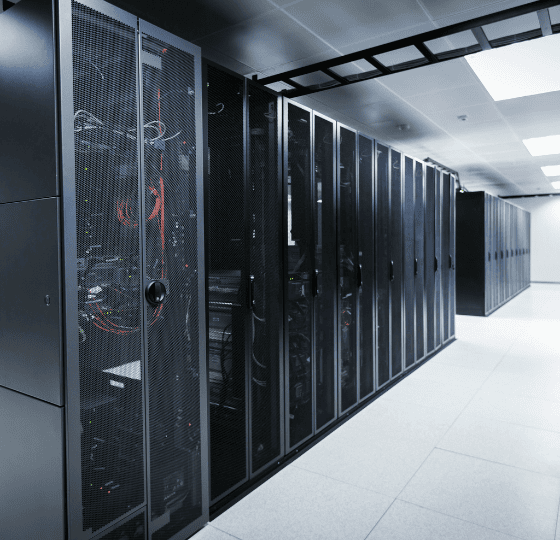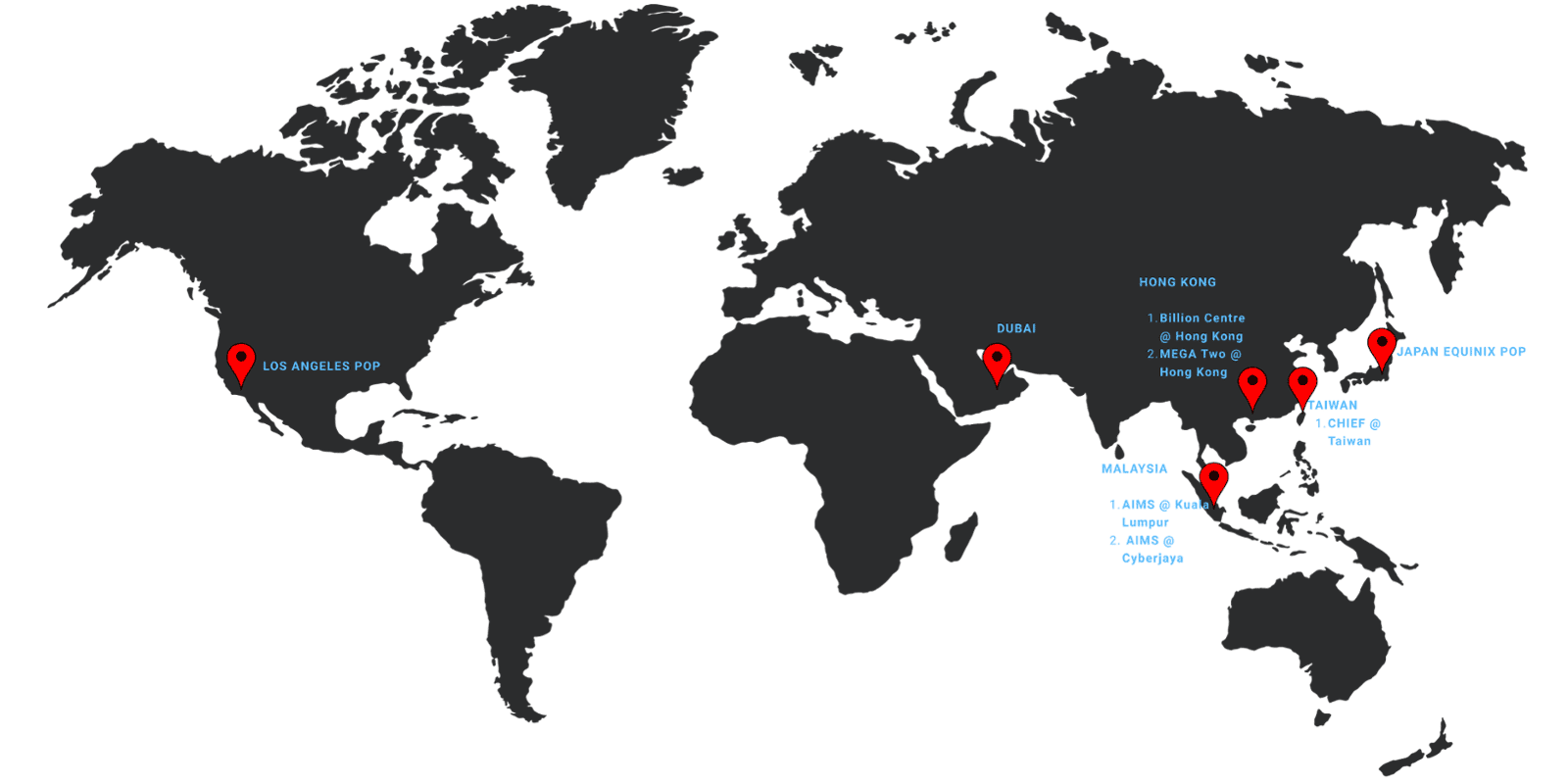
Co-location and Servers available globally in different regions!

Data Center Facilities
Scale Your IT Capacity as Your Needs Grow
Colocation +
Hardware-as-a-Service
Expand your IT capacity with additional hardware anytime. Everbex’s hardware-as-a-service lets you add a single web server, firewall, or multiple racked servers whenever you decide to scale your resources.
Alternative Cloud Solutions
Build out your hybrid IT at a fraction of the cost of popular hyperscaler cloud services. Avoid getting bogged down by proprietary technology and enjoy more control over your IT resources. Run containerized, virtualized, or traditional workloads on flexible cloud computing alternatives without overspend or complexities.
Simplified Disaster Recovery
Setting up colocation for your disaster recovery solution keeps you in business 24/7/365. Back up your critical data to another location or mirror environments with a hot cutover.
Professional Support
Manage your IT without ever setting foot in the data center. Access managed security and support solutions tailored to your infrastructure and staffing needs. Everbex technicians and engineers. We will help you streamline the installation and maintenance of your colocation footprint.
Hybrid and Multi Cloud Connectivity
Combine our solutions with connectivity between different networks or service providers private, scalable, and simple. Intelligently distribute critical workloads worldwide.
Remote Smart Hands & Operations
We are at your disposal, whether to push a button and reboot a server, or perform advanced technical services! Avoid travel costs and respond timely and accurately to any IT issues. Enable remote, global access to your IT and company applications and eliminate the risk of outages or slow connectivity.



